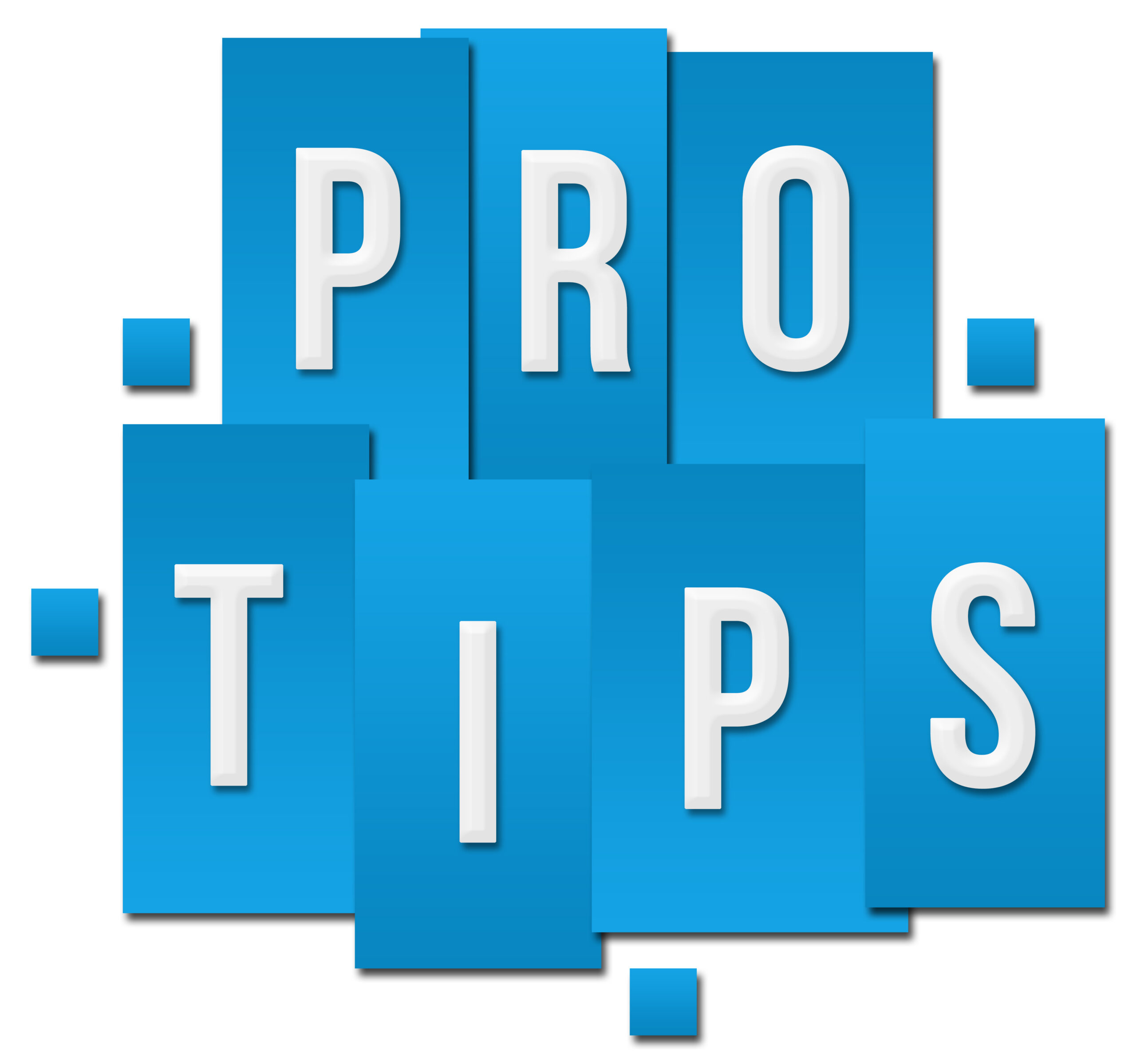Is a Focus Group Right for Your Organization?

Article by Patrick Fiorenza, RMS Director of Research Analytics –
Focus groups are a terrific research methodology. When done well, they allow for free-flowing information and the ability for individuals to build on ideas, explore new ones, challenge assumptions, and create new strategies. Ideas can be tested in real-time in a small setting and integrated into other components of a study. Focus groups work great as a stand-alone research initiative or as part of a larger mixed-methods study, where the qualitative data helps clarify quantitative, or vice versa, where the focus group can help create and better define the variables to test in a survey. In either case, there are some best practices to follow along the way, starting with knowing if a focus group is the right methodology for your study.
How might a focus group be beneficial?
- Generating ideas.
- Exploring trends from other research to clarify, confirm, or challenge findings.
- Identifying factors that influence decision making, which you can test further with other modalities.
- Gathering perception-based data and hearing a “full story” of how someone feels about a brand, experience, or product, and diving deeper into opportunities, solutions, and/or strategies.
- Seeing how individuals react to a prototype/product, and asking potential consumers to offer enhancements or solutions to known issues.
- Getting early feedback on advertisement or messaging, testing before going “live.”
When should you NOT use a focus group?
- When you want to understand the size of a market or assess a product’s demand, secondary research or a survey may be a stronger choice.
- When you want to make any type of statistical inference, like developing a customer profile or segment.
 6 Keys to Focus Group Success
6 Keys to Focus Group Success
Over the years, RMS has developed numerous tips and tricks around focus groups. Here are a few to make sure your focus group runs smoothly.
-
Have very clear research objectives for the group
You need to know exactly what your objectives and goals are. Do not think you can simply have people show up, talk for an hour, and then get the results you want. There is an extensive amount of preparation that needs to take place to ensure the session is effective and productive.
-
Decide if virtual or in-person is the right methodology
Virtual focus groups have been a game changer for RMS. Whenever appropriate, we advocate for virtual focus groups. They provide more access to larger pools of participants, and you can connect interesting people together. For example, we recently did a focus group in the energy sector with individuals from across New York State. It was fascinating to hear how people from all around the State had similar perceptions, challenges, and needs. This kind of conversation is extremely challenging to have in person and certainly is not as cost-effective. However, in-person focus groups still are important. If you are testing a prototype, for example, in-person focus groups might help make the testing process go smoother.
-
Make sure that you have a clear and detailed moderators guide
Having a clear and detailed guide is essential for the preparation of the moderator. Many of the guides that RMS puts together are “emergent.” This means that the moderator frames questions and plans for various situations. Given the nature of the conversation, the moderator can ask additional follow-up questions as the conversation emerges. For me, a lot of this work comes with being well prepared and knowing when to step in for more information or to re-focus the group around objectives.
-
Work with experienced moderators
A good moderator is someone who can navigate the conversation and knows tried and true techniques to avoid having a few participants dominate the conversation. If the conversation has the potential to cover sensitive topics (talking politics, for example), the moderator must be experienced and prepared to manage the conversation and maintain a collegial atmosphere, especially when people disagree.
-
Pilot test the moderators’ guide and then do a “mock” focus group
This is a critical step, especially if you are testing products, ads, or anything that will require a high level of interaction with, or instruction to, the participant. Be sure that whatever you present to your participants is clear, easy to understand, and flows easily. You need to engage someone totally outside the project for this step so they will come with an unbiased perspective and offer insights on how you might want to optimize the sessions.
-
Get the right people; focus on quality participants
People often ask, “How many people should be in the group?” There is no hard and fast rule; typically, if the group is in-person, we like to aim for 8-10. If the session is online, I am lately finding that 6-8 is a bit easier to manage. If you get too large online, we have found that participants may disengage and it’s easy for them to get distracted. However, you need to make sure that your participants are well-screened and able to participate in the conversation. Be sure that you have thoroughly vetted your participants and used a well-defined screener to invite them to participate. Sometimes having 4 quality participants will serve you better than 10 ill-prepared or poor fits for the research.
Hopefully, these tips will help you have success with your next focus group. Please feel free to reach out to RMS for additional information; we’d be happy to share more about our in-house focus group facility and online focus group experience. Our market research firm can help you design a high-quality focus group and lead you to stronger insights to help move your organization forward.
RELATIONAL RMS BLOGS:
Recruiting the Right Participants for Your Focus Group: Best Practices
7 Ways to Assure Valuable Insights from Your Market Research Study
How Customer Lists Make Research a Snap
About the Author – Patrick Fiorenza

Patrick brings years of market research experience to the RMS Research Analytics team. His preliminary focus encompasses designing, implementing, gathering, and analyzing results from proven research methods created to obtain credible data to help guide decision-making across a variety of industries.
It’s good to know. We’re here for you.
Call us today, to see how we can help your organization.
Interested in conducting a market research project with RMS?
Contact our Vice President of Corporate Development, Sandy Baker at SandyB@RMSresults.com or call 1-866-567-5422.
About RMS
Research & Marketing Strategies, Inc. (RMS) is a full-service market research firm in Central New York. Formed in 2002, RMS helps organizations that are looking to know more about their customers and/or potential customers. We conduct surveys, focus groups, mystery shopping, studies, and analyses. Each project is customized and gets personal attention so that actionable, data-driven findings are delivered. RMS has a reputation for getting results. We offer an independent, professional means to conduct telephone, on-line, and mail surveying, as well as in-depth interviews, intercept interviews, and participant recruitment. We also host discussion groups through QualiSight, our onsite call center and focus group facility. We have a proven reputation for successfully recruiting and moderating focus groups, community forums, and town meetings.